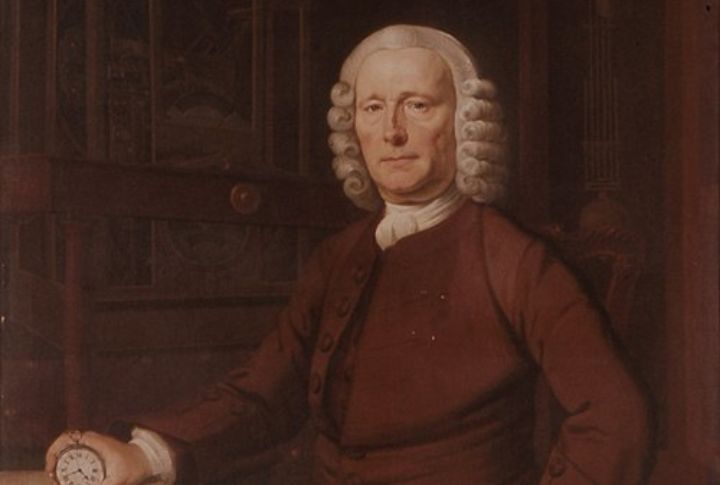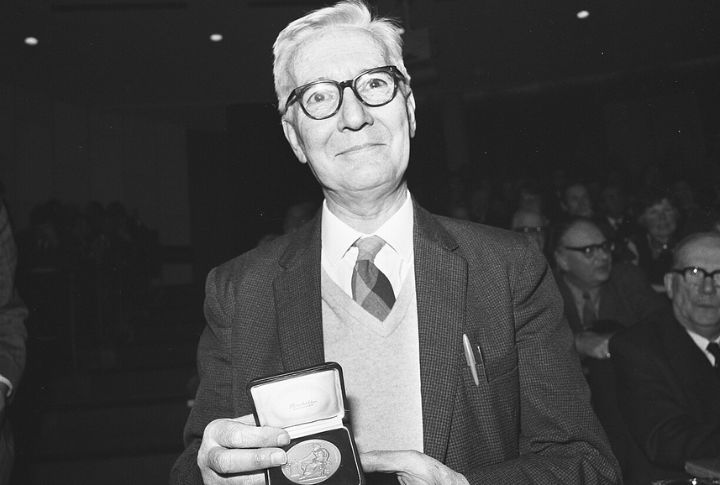
Not every genius gets the chance to change the world. Some were ahead of their time, others undone by fate, and a few simply vanished beneath louder names. Yet each held an idea powerful enough to rewrite history where their unfinished brilliance still lingers—keep reading to see what the world missed.
Mary Anning
Mary Anning uncovered fossils that challenged biblical creation and hinted at extinction—concepts revolutionary for her time. Her findings also helped inspire early evolutionary thought, but carried other men’s signatures. Anning’s silence left science to argue truths she had already uncovered in stone.
Alan Turing
During World War II, Alan Turing broke Nazi ciphers that saved lives and set computing in motion. But Britain repaid him with cruelty, convicting him of homosexuality. Turing’s unfinished work also hinted at intelligence beyond machines, a frontier he never lived to cross himself.
Hypatia Of Alexandria
Just imagine a woman in ancient Alexandria explaining the stars while everyone else debated gods. That was Hypatia—mathematician, philosopher, and all-around brain ahead of her time. Her brutal death in 415 CE didn’t just end a life; it dimmed the last bright flame of classical science.
Wangari Maathai
Wangari Maathai viewed trees as instruments of justice. Her Green Belt Movement restored Kenya’s landscapes and communities while exposing the power’s neglect of nature. If Maathai’s approach had reached nations sooner, she might’ve led a worldwide transformation in how civilization protects its own ground.
Nikolaas Tinbergen

Tinbergen dismantled guesswork in behavioral science. By proving instinct drives adaptation, he connected the actions of animals and people through a single evolutionary thread. His withdrawal from research, however, left psychology waiting years for the unity of behavior and biology he first envisioned.
Ignaz Semmelweis
In an era that dismissed hygiene, Ignaz Semmelweis identified the link between unwashed hands and deadly childbirth fever. His peers rejected him, but his discovery stood firm. Decades later, medicine caught up to the evidence that had cost him his peace.
Ada Lovelace
While Charles Babbage built ideas in metal, Ada Lovelace built them in logic. Her notes outlined the first computer algorithm and proved imagination belonged in science. If her theory had gained recognition in her lifetime, machines might have begun solving problems long before the twentieth century.
John Harrison
No royal scholar cracked longitude’s code, yet a carpenter did. Self-taught John Harrison built a clock that mastered the seas. His invention changed exploration forever, though recognition arrived too late. The world sailed on without realizing how far ahead his mind already was.
Subrahmanyan Chandrasekhar
On a voyage from India to England, a young Subrahmanyan Chandrasekhar mapped the fate of dying stars. His theory met rejection instead of wonder. When physics finally accepted Chandrasekhar’s ideas, the cosmos had already turned his calculations into fact.
Rosalind Franklin
Franklin’s X-ray images revealed DNA’s internal symmetry with unmatched precision. Her evidence clarified how heredity truly works, yet she never lived to guide the research she enabled. Her absence left biology chasing discoveries she had already placed within reach.

